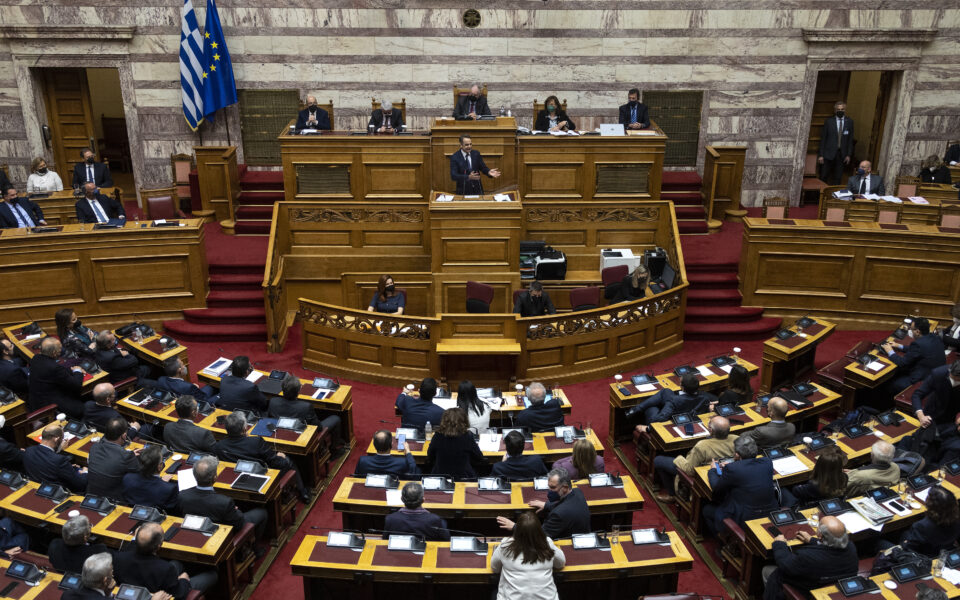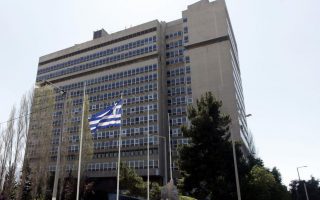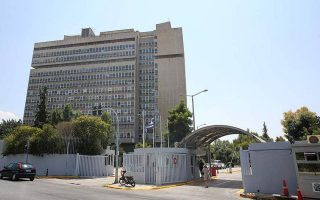The wiretapping case and Greece’s image abroad

Greece’s wiretapping case has been attracting growing interest from outside observers.
There are other important issues: The country’s exit from the European Union’s so-called enhanced surveillance framework, which was not a surprise, but rather a known process. Also, the recurring tensions with Turkey over migration flows, as well as verbal provocations and illegal actions, which have now become a standard feature of bilateral relations. Hence, no surprise there either.
However, the revelations earlier this summer over the phone tapping of socialist PASOK leader Nikos Androulakis are something new and unexpected, hence the increased interest.
The discovery prompted the resignation of high-profile officials and sparked a wide-ranging public debate which has embroiled politicians, political parties, constitutional experts and others. It even led to an intervention from President of the Republic Katerina Sakellaropoulou.
Surveillance practices affront political sensibilities, particularly in advanced democracies, a fact which also explains the growing international interest in the case.
And then there those who are also concerned about the impact these developments could have on Greece’s regional role or, even, its geopolitical status.
The concerns pointed out here go beyond the domestic scene and its personal and partisan politics; they focus exclusively on the international impact of the case.
In that sense, putting aside the unavoidable skirmishing at home, the reaction of the Greek political system will be key. The conundrum calls for a meaningful and convincing response, one that will also allay the concern of outside observers.
The debate in Parliament must drill to the bone of the case and not be reduced to vociferous scuffles. Here is an issue that has harmed Greece’s image abroad. The national interest mandates that political leaders, parties and the public address it in the best possible manner.
For the time being, facts related to the case are shrouded in a veil of uncertainty. We need to establish who is in the right and who is in the wrong. The only certain thing is that the situation is causing damage to the country.
People in Greece who are in contact with foreign officials, journalists or even interested laymen will tell you that they are being overwhelmed with questions; there is a lot of disappointment and concern.
Meanwhile, Greeks who have the privilege of having their opinion heard and valued outside Greece are currently baffled: They find it hard to explain, even less to justify or defend things they do not comprehend themselves.
We do not know how the government will choose to act; but this political quicksand of a case could leave the country seriously damaged in many ways. The other side of this uncertainty is how far the opposition is willing to take the case. One can only hope moderation will prevail.
It is up to the institutions and the political system to appoint responsibility where it is due; to come up with solutions, make the necessary corrections and restore faith to the greatest extent possible. This is needed to make sure the country functions properly at home, while at the same time protecting its image and credibility abroad.





